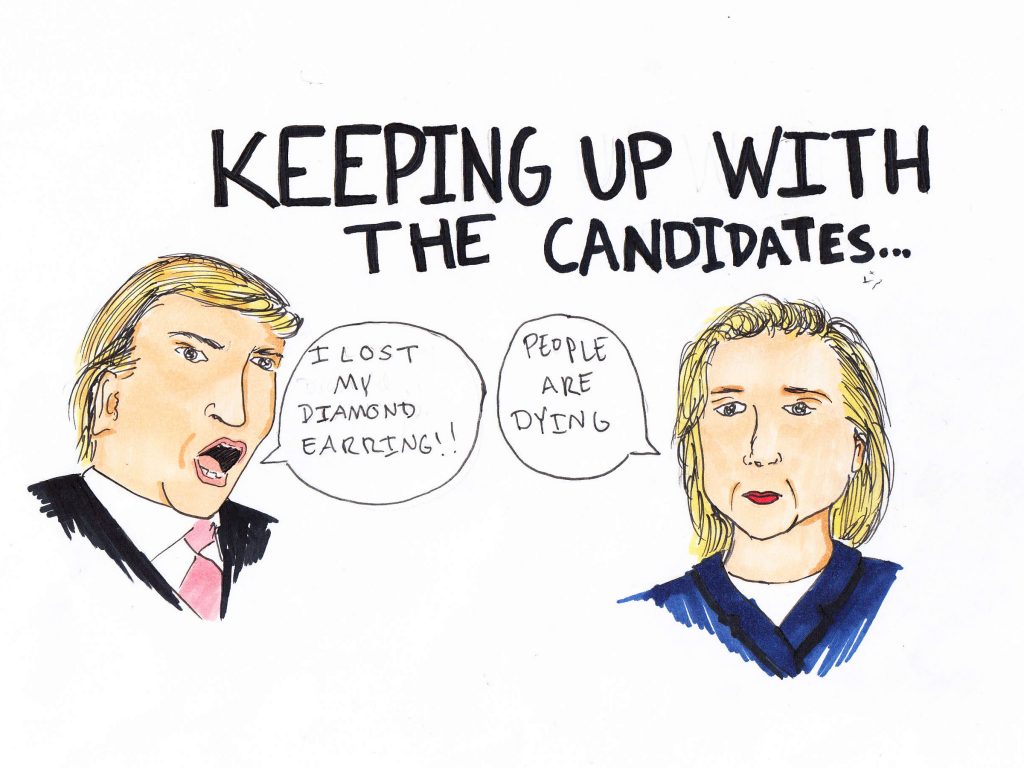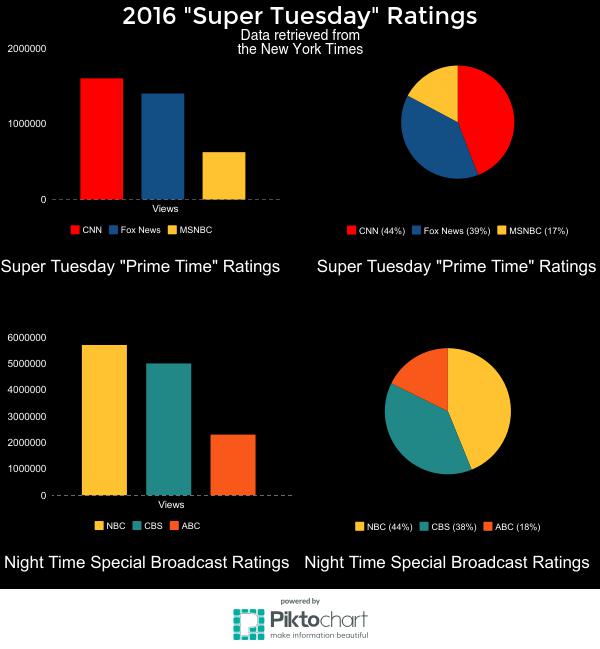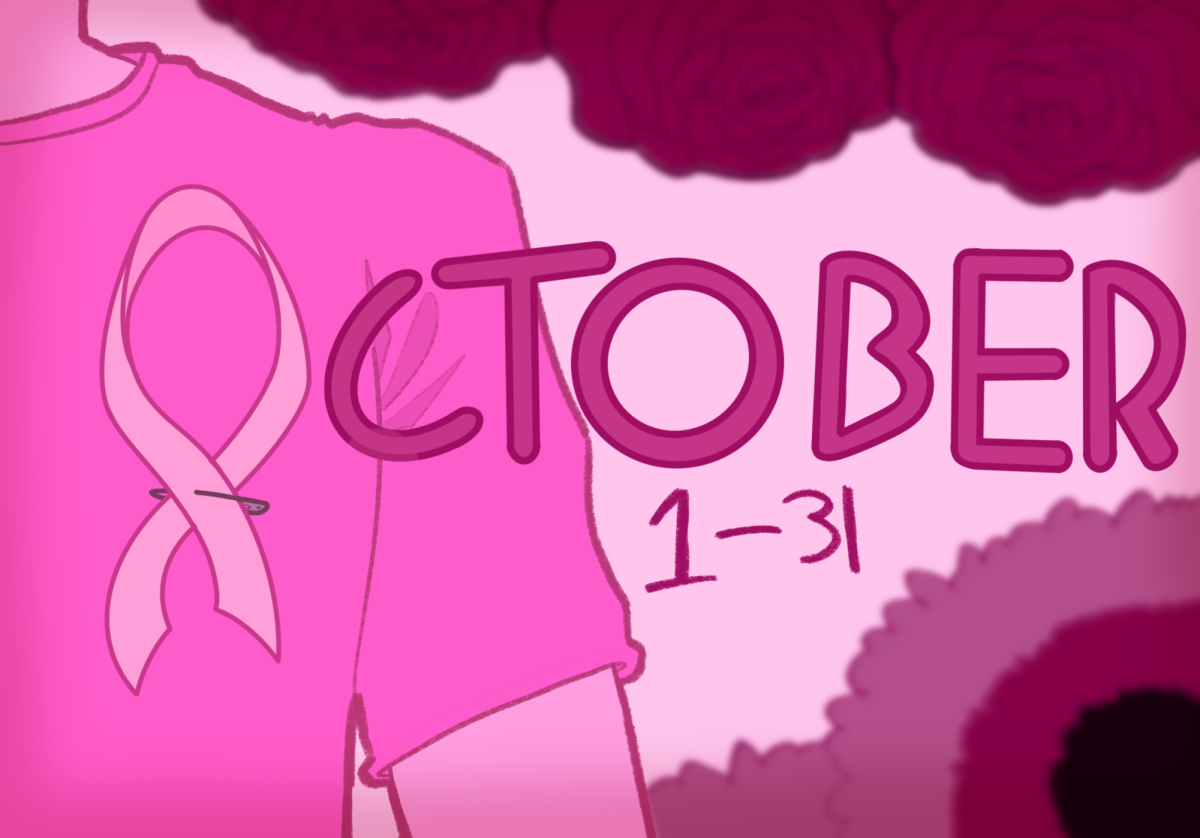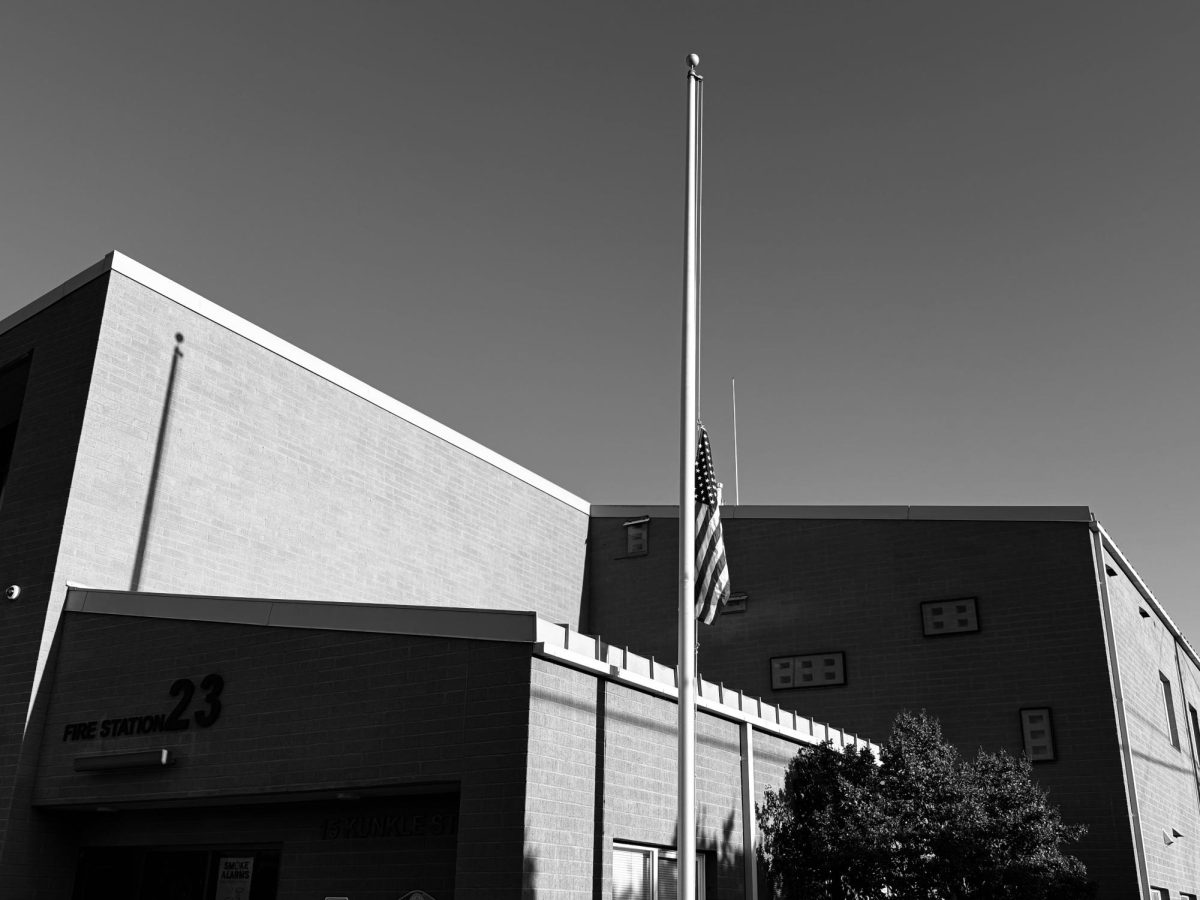On March 1, 2016, one of the most important events in the presidential race, Super Tuesday, occurred. There is no doubt that excitement is rising over the many debates and conferences. However, we get so caught up in the crossfire of dramatic insults that we forget why we are judging these candidates: to elect the next leader of our nation.

On March 1, 2016, one of the most important events in the presidential race, Super Tuesday, occurred. There is no doubt that excitement is rising over the many debates and conferences. However, we get so caught up in the crossfire of dramatic insults that we forget why we are judging these candidates: to elect the next leader of our nation.
Of course, the debates allow us to see how candidates respond and what they are willing to say. After all, we need to be able to judge the character of our future president. But don’t tell me you haven’t watched a debate thinking “I can’t wait to see Donald Trump’s next breakdown,” “I wonder what other snarky comment Ted Cruz will say,” or “I can’t wait to see Hillary Clinton and Bernie Sanders face off.”
Instead, we should be evaluating how they are able to cope with criticism, not the juicy details of their rebuttals. We should also be listening for the content of their speeches, and what their plans are for our country.
But, it’s not easy to avoid the gossip of the race; the debates are simply entertaining, perhaps too much so. There are a lot of brawls in these debates, and we are attracted to this. We must restrain the attention that we feed to the fights, otherwise people will begin to view these crucial discussions as nothing more than a reality TV show.
Yes, the debates are making the channels that host them quite a bit of money. In fact, a debate in February held by CBS garnered 1.3 million views and, of course, Super Tuesday received 1.6 million, 1.4 million, and 0.625 million views for CNN, Fox, and NBC, respectively, which was 40 percent greater for Fox than their ratings from 2008. Clearly, the new “slander debate” formula is working for these channels, but we can’t let them be either indifferent to or encouraging this aggressive behavior just for higher ratings; we need to remind them and others what we have tuned in for: a debate.

According to the New Oxford American Dictionary, a debate is “formal discussion on a particular topic,” and I don’t see anything formal in candidates yelling at each other and calling each other names. A debate should be sophisticated and, while a passionate argument is an irrefutable staple of a debate, they should be courteous, not belittling.
Audiences shouldn’t be engrossed in Trump calling Jeb Bush a “loser” or Marco Rubio a “choke artist.” Rather, they should be emphasizing that such tactics cannot be allowed in a debate. We need to look for arguments that possess evidence, logic, and a firm tone. The passion can be there, but it can’t devolve the discussion.
So what can we do? We need to change our attitude towards the debates. We have access to a wealth of social mediums, so why not use it to house insightful evaluations of the debates? That’s not to say you can’t talk about the candidates in a humorous light, but when it comes down to the debates we need to show that we are invested, not in entertainment, but in the politics.
Can these candidates be a leader who can deal with difficult situations? These discussions can’t be taken lightly and should never be treated as Saturday night television. This isn’t a reality TV show with funny characters, this is the future of your taxes, of laws and policies, of your wages, your security, of how other nations will view you, and of your rights. These debates are how we decide the future of America.














